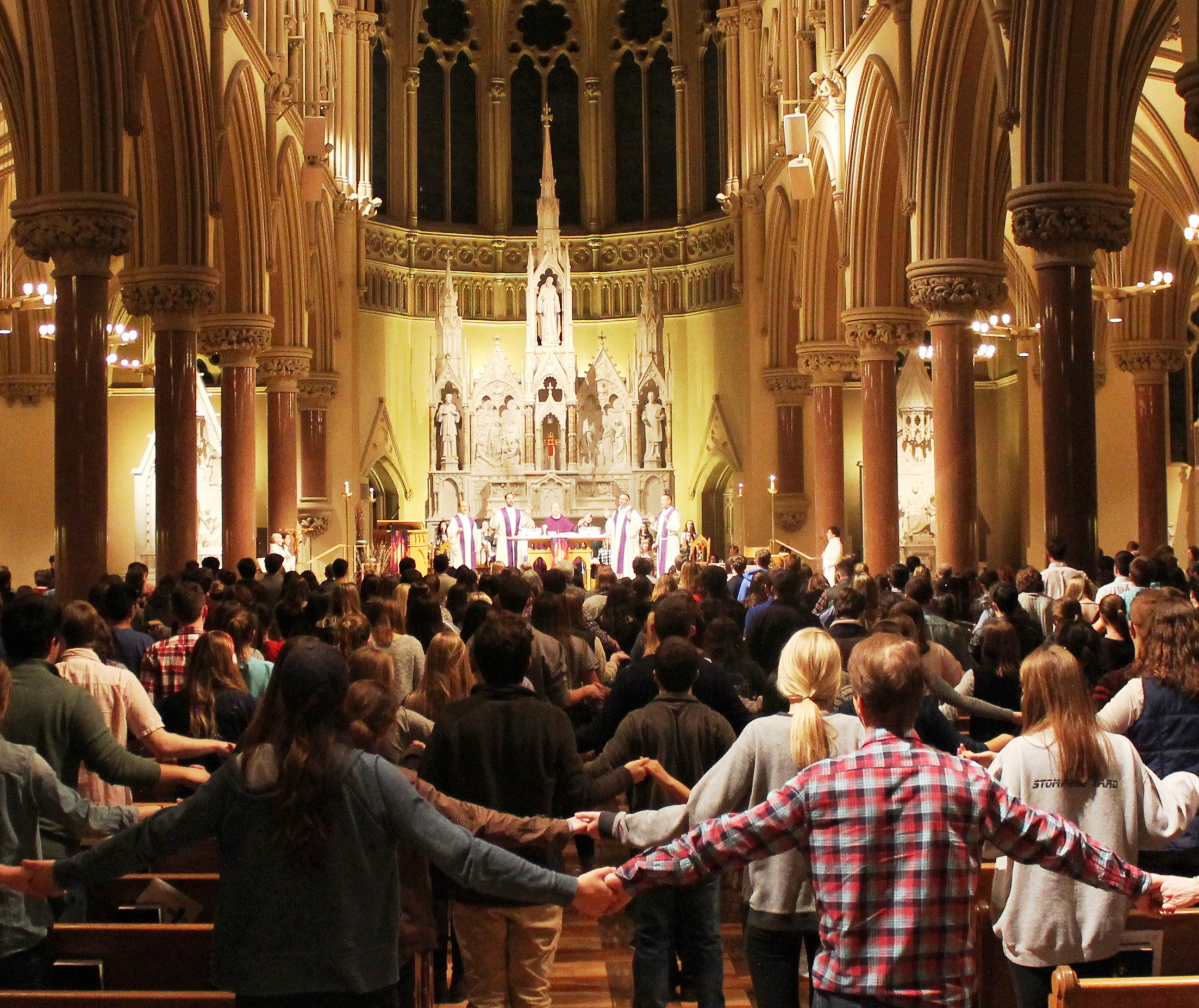
The Bible reveals a poignant truth about King David’s early life: he was rejected by his own family and brothers. Throughout Scripture, we find no evidence of young David mingling with his siblings. A striking moment occurs in 1 Samuel 17:28, when his older brother Eliab scolds him just before David confronts Goliath, highlighting the absence of brotherly love toward David.
As a shepherd, David devoted himself to caring for his sheep, enduring a solitary existence while his brothers fought valiantly in the king’s army, holding positions of great esteem. When the prophet Samuel arrived at Jesse’s home to anoint one of his sons, David was astonishingly overlooked and not even called in. These poignant events illustrate the rejection David faced from those who should have supported him, underscoring the profound loneliness he experienced in his youth.
This spirit of rejection persisted with David’s sons as well. Absalom killed his brother Amnon, and later, Adonijah organized a feast to proclaim himself king while excluding his brother Solomon (1 Kings 1:5-9). When Rehoboam took the throne after Solomon, he was acutely aware of the hatred, contention, and jealousy that plagued his family’s history. His grandfather David had experienced rejection, and his father Solomon faced similar challenges. Understanding this, Rehoboam sought to prevent such familial discord within his own family. The Bible states that he dealt wisely with his sons by appointing some as governors of various cities and providing them with wives and resources (2 Chronicles 11:22-23).
Rehoboam appointed Abijah, the son of Maacah, as the chief prince among his brothers, intending to prepare him for kingship. He took precautions to manage the spirit of conflict and rejection that had affected his family.
Just as doctors ask patients whether a health condition like diabetes runs in their family—whether from the father’s or mother’s side—certain negative patterns and behaviors can also be passed down through generations. For instance, it took Abraham 25 years to have Isaac, and a similar spirit of delay affected Isaac and Rebekah, who waited 20 years for their children.
I have observed families trapped in cycles of educational underachievement, where ancestors did not attain higher education, and this pattern continued with their children. I also know families struggling with poverty and barrenness, where grandfathers adopted sons, leading to similar outcomes in the next generation.
To achieve deliverance from these generational issues, it is essential to engage in fasting, prayer, and Bible reading, all foundational elements of Christianity. Spending time with Jesus allows the Holy Spirit to reveal the spirits operating in your life. Once you recognize these spirits, start rebuking them in the name of Jesus and break these bondages through the power of His blood.












No Comments